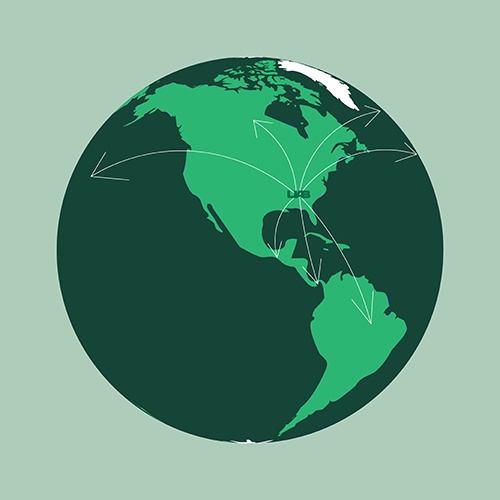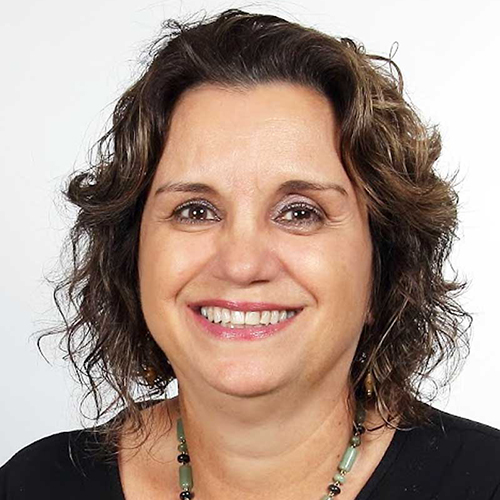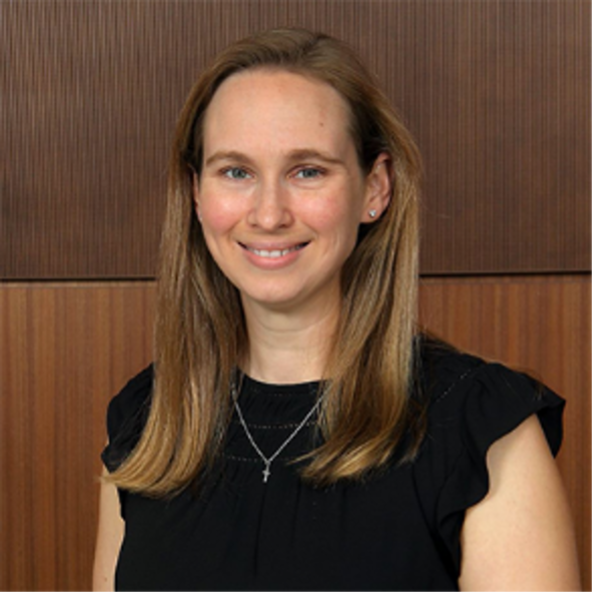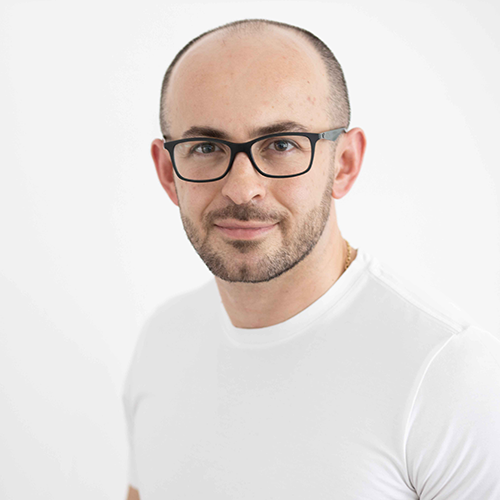 World Health Day is a global health awareness day celebrated every April 7, and is one of 11 global health campaigns marked by the World Health Organization (WHO). According to the WHO Council on the Economics of Health for All, at least 140 countries currently recognize health as a human right in their constitution. However, as of 2021, at least 4.5 billion people were not fully covered by essential health services.
World Health Day is a global health awareness day celebrated every April 7, and is one of 11 global health campaigns marked by the World Health Organization (WHO). According to the WHO Council on the Economics of Health for All, at least 140 countries currently recognize health as a human right in their constitution. However, as of 2021, at least 4.5 billion people were not fully covered by essential health services.
The theme of World Health Day 2024, “My health, my right,” aims to establish initiatives and efforts that will provide “everyone, everywhere to have access to quality health services, education, and information, as well as safe drinking water, clean air, good nutrition, quality housing, decent working and environmental conditions, and freedom from discrimination.” This World Health Day, we are proud to highlight some of the work our clinicians and researchers are doing across the globe.
Forge AHEAD Center addresses Deep South health disparities
The University of Alabama at Birmingham (UAB) has established a partnership with Tuskegee University, Pennington Biomedical Research Center at Louisiana State University, and the University of Mississippi Medical Center, in the creation of the Forge AHEAD Center. The center, which focuses on the prevention and management of cardio metabolic diseases (including diabetes, obesity, and hypertension), seeks to improve health issues specifically in the Deep South, where life expectancy is significantly lower than other regions across the country.
“Given the significant health disparities in cardiometabolic diseases in the Deep South, our partnerships with Tuskegee University, Pennington Biomedical Research Center at LSU, and the University of Mississippi Medical Center, seek to promote health equity and reduce cardiometabolic disparities in a region of tremendous need,” said Andrea Cherrington, M.D., MPI. "Our center showcases how research can be institutionally collaborative and can transcend geographical boundaries to meet the global call for improved health for all.”
Mary Heersink Institute for Global Health provides a hub for global health work in the UAB Marnix E. Heersink School of Medicine
The UAB Marnix E. Heersink School of Medicine’s efforts to improve human health have expanded globally through several initiatives led by partners of the Mary Heersink Institute for Global Health, with work taking place in Cameroon, South America, Kenya, South Africa, Sri Lanka, Uganda, Vietnam, and Zambia.
UAB work in South America focuses on eliminating cervical cancer
 Isabel Scarinci, Ph.D.In Brazil, UAB researchers are studying cervical cancer prevention and control. The UAB team, along with colleagues in Brazil, are currently establishing the feasibility of self-sampling for human papillomavirus (HPV) testing among women who do not come into clinics.
Isabel Scarinci, Ph.D.In Brazil, UAB researchers are studying cervical cancer prevention and control. The UAB team, along with colleagues in Brazil, are currently establishing the feasibility of self-sampling for human papillomavirus (HPV) testing among women who do not come into clinics.
The research team is currently implementing a trial in all five regions of the country with funding from the Brazilian government. If effective, the Brazilian government will implement this strategy through their public health system and UAB researchers will provide consultation and technical assistance.
“Cervical cancer is one of the few preventable cancers," said Isabel Scarinci, Ph.D., professor in the UAB Department of Obstetrics and Gynecology. “If we implement three strategies at the public health level - HPV vaccination, cervical cancer screening, and follow-up/treatment - we can eliminate this cancer as a public health problem. World Health Day is an opportunity for everyone to get involved. It is no longer only in the hands of health care providers. Everyone can work toward awareness regarding HPV vaccination, screening, and follow-up so we can eliminate this cancer as a public health problem.”
Next generation of researchers shaping future of global health education
 Meghan Hofto, M.D.Medical education, including global health education, focuses on training the next generation to improve the health of all by viewing health as not just a local goal, but a global goal that everyone can contribute to.
Meghan Hofto, M.D.Medical education, including global health education, focuses on training the next generation to improve the health of all by viewing health as not just a local goal, but a global goal that everyone can contribute to.
Meghan Hofto, M.D., assistant professor in the UAB Department of Pediatrics, Division of Pediatric Hospital Medicine, has established work through the pediatric residency program which aims to leave a positive mark for future generations.
“I’ve learned that we’re all connected in this global society we live in, because things that occur outside our borders can have huge impacts on the health of those here in the U.S.,” said Hofto. “We’re all human, and we all have similar wants and needs, and one of the things that we all deserve is a right to health.”
One of the vital components of accomplishing this goal, according to Hofto, is to have everyone contribute their available resources towards improving human health.
“By partnering with other institutions in an equitable manner, we can make a difference through infrastructure and capacity building and education to decrease those preventable deaths and improve health globally,” Hofto said. “My goal as an educator is to ensure that my trainees have the tools needed to develop those partnerships.”
Research in Zambia addresses maternal, newborn health
 Albert Manasayan, M.D.In Zambia, there has been an increased focus on improving maternal and newborn health. The passion of Albert Manasayan, M.D., associate professor in the UAB Department of Pediatrics and head of the Department of Reproductive, Maternal, Newborn, and Child Health at the Centre for Infectious Disease Research in Zambia (CIDRZ), has led to him being in Zambia full-time for over 16 years in a posting that was originally meant to be only two years.
Albert Manasayan, M.D.In Zambia, there has been an increased focus on improving maternal and newborn health. The passion of Albert Manasayan, M.D., associate professor in the UAB Department of Pediatrics and head of the Department of Reproductive, Maternal, Newborn, and Child Health at the Centre for Infectious Disease Research in Zambia (CIDRZ), has led to him being in Zambia full-time for over 16 years in a posting that was originally meant to be only two years.
“Our research portfolio in Zambia has now expanded to include studies in the field of safe motherhood (e.g. postpartum hemorrhage, postpartum depression, emergency obstetric and newborn care, vertical transmission of STIs, etc.), newborn health (postnatal growth restrictions, neonatal hypothermia, neurodevelopmental delays, etc.), cervical cancer (barriers and facilitators to screening and treatment, progression of HPV, CxCa screening, mathematical modeling), and field evaluation of medical supplies,” said Manasayan.
Currently, Manasayan’s studies are in the field of sexually transmitted infections (STIs), including the identification of their resistant subtypes, the use of biomarkers for early identification of preeclampsia, postpartum depression among newly delivered mothers, and apnea of prematurity.
“Our overall aim is to reduce perinatal and maternal mortality in Zambia and, through our findings here, indirectly contribute to the reduction in other low- and middle-income countries,” said Manasayan. “We understand that change doesn’t happen overnight, and there must be patience and perseverance. Every newborn deserves to live, every pregnant woman needs to have access to quality antenatal care, and no mother should die during childbirth.”
Awareness day promotes call to action
World Health Day not only provides an opportunity for researchers to contribute to the health awareness day, but for others to do so as well.
“Everyone can make a contribution no matter who they are or what they do because our backgrounds and the countries we live in provide different perspectives in solving a problem,” said Scarinci.
Other methods that can be employed for contributing to World Health Day involve simple communication as well as mindfulness.
“Be sure to spread awareness and also be comfortable in having conversations, whether it is with your children, partner, parents, or friends,” said Manasayan. "Check up on one another and support them to be healthy, and undergo regular checkups because many times life and family responsibilities take over and we don’t prioritize our health as well as we should.”
World Health Day serves as a reminder of the importance of health education to be at the forefront of all efforts related to improving overall human health.
“I think all educators hope that those we train will work to make the world a better place, and that trainees and students go on to surpass their teachers in knowledge and impact," said Hofto. “Most of my work has been in global health education for the pediatric residency program. My goal is to ensure that the next generation interested in global health is equipped with the tools they need to be successful, forge effective partnerships, and do it all in a sustainable, equitable, and ethical fashion.”